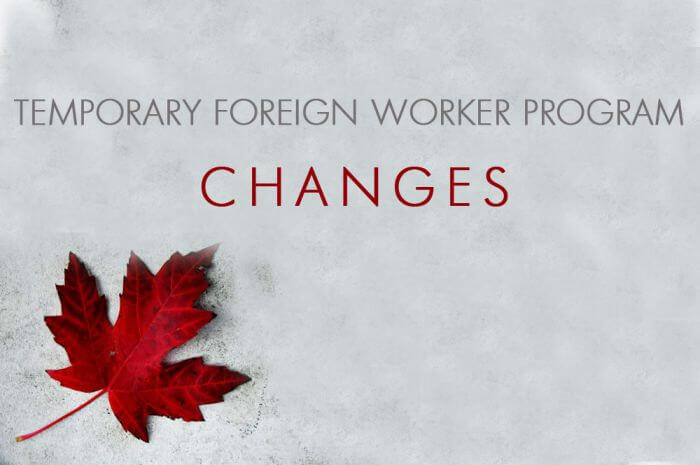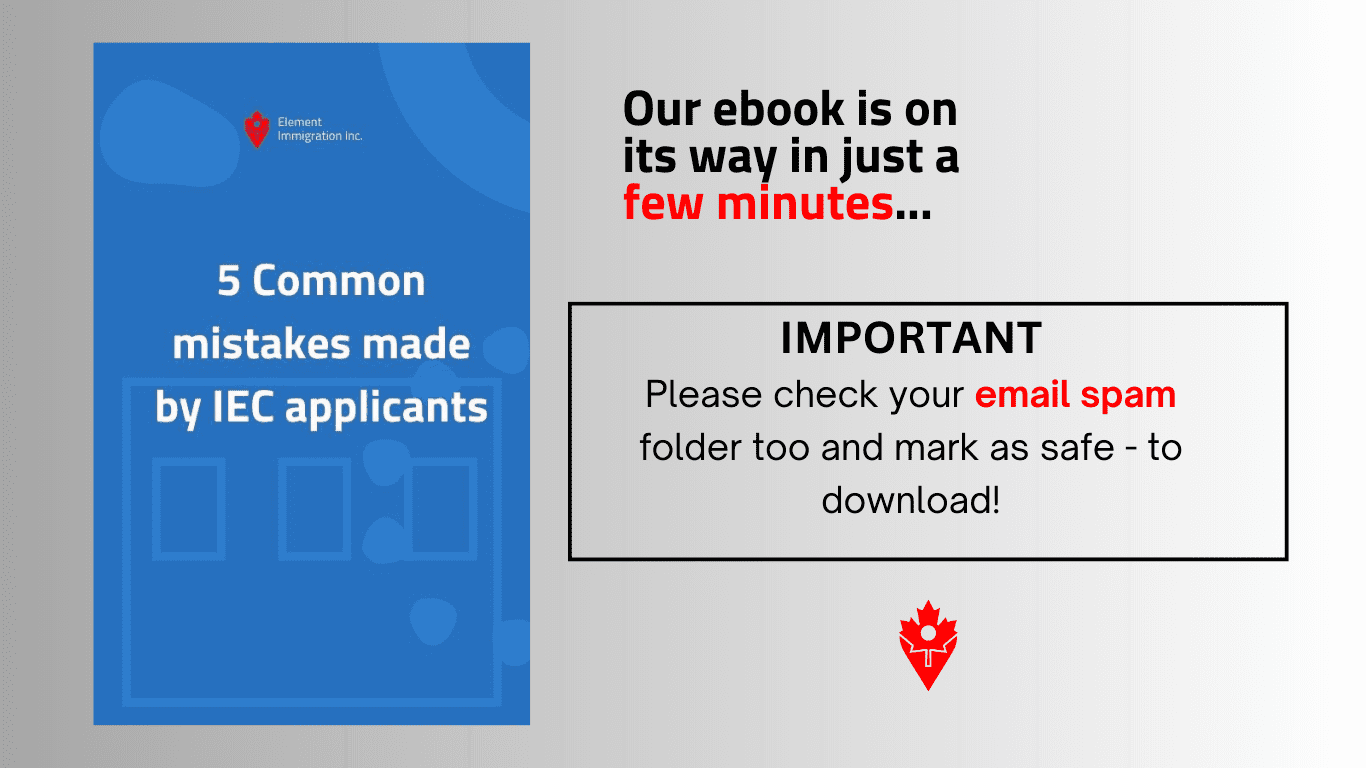
Let's Connect
Labour Market Impact Assessment (LMIA)
Labour Market Impact Assessment (LMIA), formerly known as a Labour Market Opinion (LMO) is a document from Employment and Social Development Canada (ESDC) that gives the employer permission to hire a temporary foreign worker. It shows that there is a need for a foreign worker to fill the job and no Canadian worker is available to do the job.
Employers can hire temporary workers through the Temporary Foreign Worker Program (TFWP) or the International Mobility Program (IMP).
International Mobility Program (IMP) lets employers hire temporary workers without a Labour Market Impact Assessment (LMIA). Exemptions from the LMIA process are based on:
- Broader economic, cultural or other competitive advantages for Canada; and
- Reciprocal benefits enjoyed by Canadians and permanent residents.
If you need to hire a temporary worker through the IMP, you will need to pay an employer compliance fee of $230 and submit an offer of employment form through employer My CIC portal. Temporary Foreign Worker Program (TFWP) lets employers hire foreign workers to fill temporary labour and skill shortages after receiving a positive LMIA from ESDC. There are different types of LMIA’s depending upon the type of workers required. Here is brief overview:
High-wage or Low-wage Positions
LMIA under the Stream for High-wage Positions or the Stream for Low-wage Positions, each have their own requirements. If you are offering a wage to a temporary foreign worker that is:
- At or above the provincial or territorial median hourly wage, you must apply under the Stream for high-wage positions.
- Below the provincial or territorial median hourly wage, you must apply under the Stream for low-wage positions.
LMIA for High-Wage Positions
Canadian employers seeking to hire workers on high-wage positions must submit transition plans* along with their Labour Market Impact Assessment (LMIA) application to ensure that they are taking steps to reduce their reliance on temporary foreign workers over time. High-wage workers are those earning above the median hourly wage for a given occupation in specified region. Transition plans are designed to ensure that employers seeking foreign workers are fulfilling the purpose of the program. This entails that they are using the program as a last and limited resort to address immediate labour needs on a temporary basis when qualified Canadians are not available, ensuring that Canadians are given the first chance at available jobs.

LMIA for Low-Wage Positions
Canadian employers seeking to hire workers on low-wage positions do not need to submit transition plans with their Labour Market Impact Assessment (LMIA). They must, however, follow a different set of guidelines. To restrict access to the Temporary Foreign Worker Program (TFWP), while ensuring that Canadians are always considered first for available jobs, the Government of Canada has introduced a cap to limit the number of low-wage temporary foreign workers that a business can employ. Furthermore, certain low-wage occupations may be refused for LMIA processing. Employers with 10 or more employees applying for a new LMIA are subject to a cap of 10 percent on the proportion of their workforce that can consist of low-wage temporary foreign workers. This cap will be phased in over 2015 and 2016 in order to provide employers who are above the 10 percent cap time to transition and adjust accordingly. Employers offering a wage that is below the provincial/territorial median hourly wage must:
- Pay for round-trip transportation for the temporary foreign worker;
- Ensure affordable housing is available;
- Pay for private health insurance until workers are eligible for provincial health coverage;
- Register the temporary foreign worker with the provincial/territorial workplace safety board; and
- Provide an employer-employee contract.
LMIA to support permanent residency
Employers who wish to hire skilled foreign workers and support their permanent resident visa application can get an LMIA and make a job offer under Express Entry system if job offer meets the criteria under one of the following economic programs:
- Federal Skilled Worker Program (FSWP)
- Federal Skilled Trades Program (FSTP) | Note: Under the FSTP, the employment offer can be made by up to two employers
- Canadian Experience Class (CEC)
Here employer hires the skilled foreign worker only after their element immigration application is processed and permanent residency is approved. This option does not have a processing fee. However, if employers wish to hire skilled foreign worker temporarily while their application for permanent residence is being processed by IRCC. Then employer can apply for a dual intent LMIA. This option requires paying the processing fee. These dual intent LMIAs can be used to support the foreign nationals’ application to IRCC for a:
LMIA to hire a top foreign talent through the Global Talent Stream
This program is designed for innovative firms in Canada that are referred to Employment and Social Development Canada by a designated referral partner and that need unique and specialized foreign nationals in order to scale-up and grow. It is also intended for firms in Canada that need to fill an in-demand highly-skilled position on the Global Talent Occupations List. Making an LMIA application is demanding and require utmost care in advertisement, filling an application and employer’s performance during an interview. Different types of LMIA applications has different program requirements.
How Element Immigration can help?
- The LMIA rules, regulations and requirements are subject to frequent changes. These changes deal with different categories of jobs, duration, exemptions etc. Continuous research, attention to detail and painstaking hard work is required to obtain a positive LMIA. We help in assessment of our client’s profile and advice them on their eligibility to get an LMIA.
- We also assist our clients/employers with the advertisement posting.
- We help Canadian employers for applying Labour Market Impact Assessment (LMIA) application and legally representing them before ESDC during the procedure.
Contact us for assessment and more information

